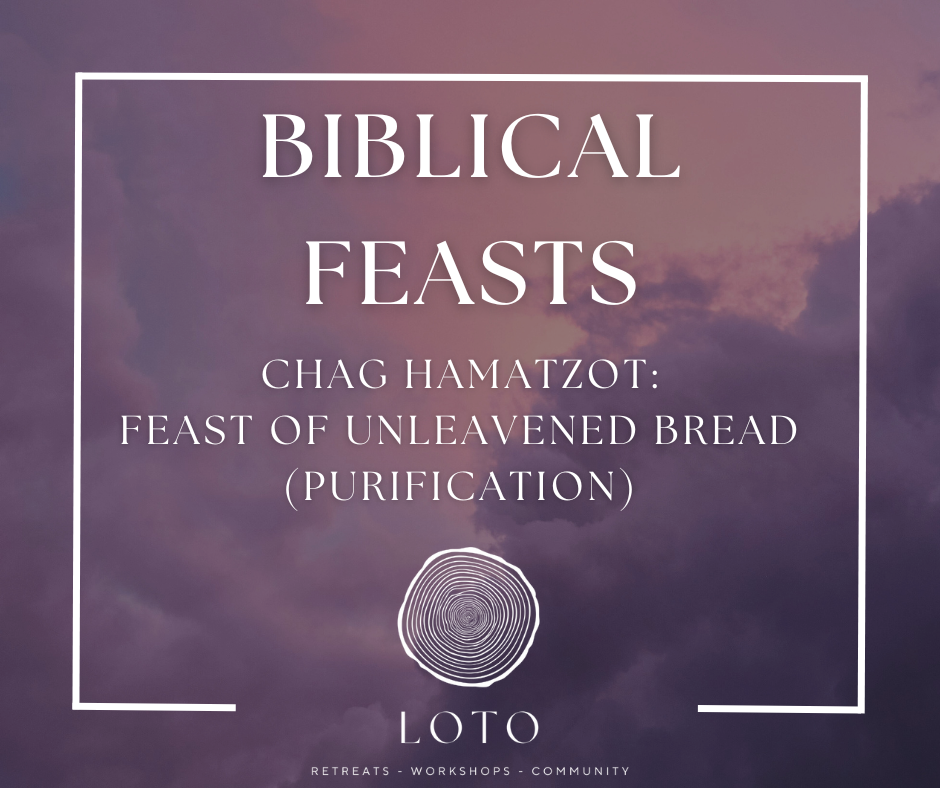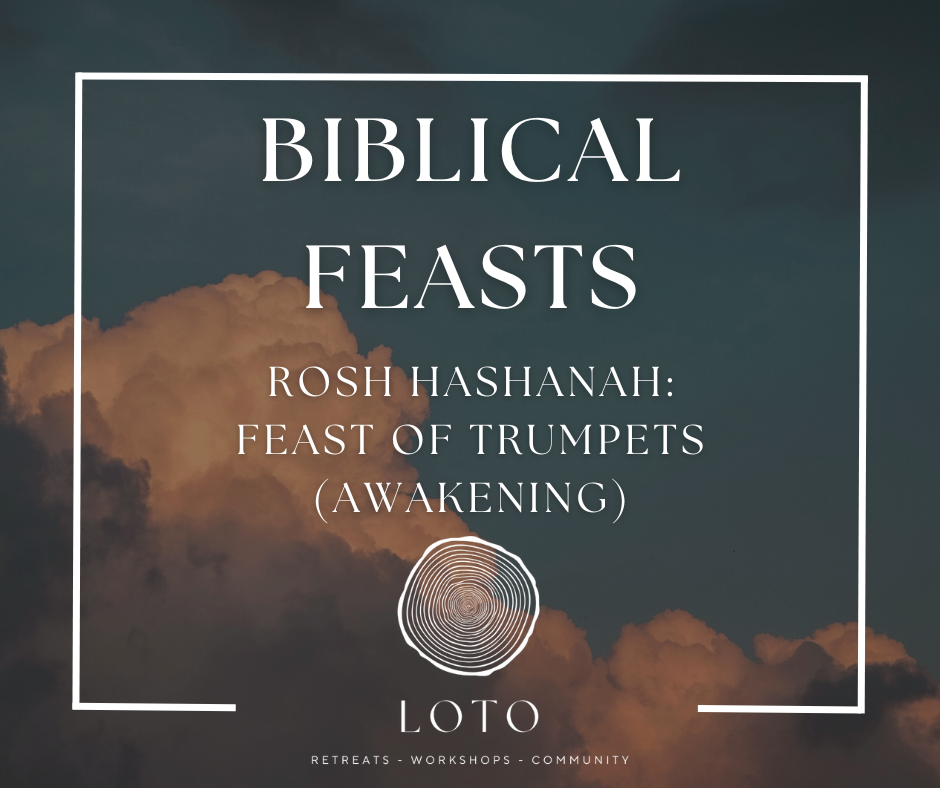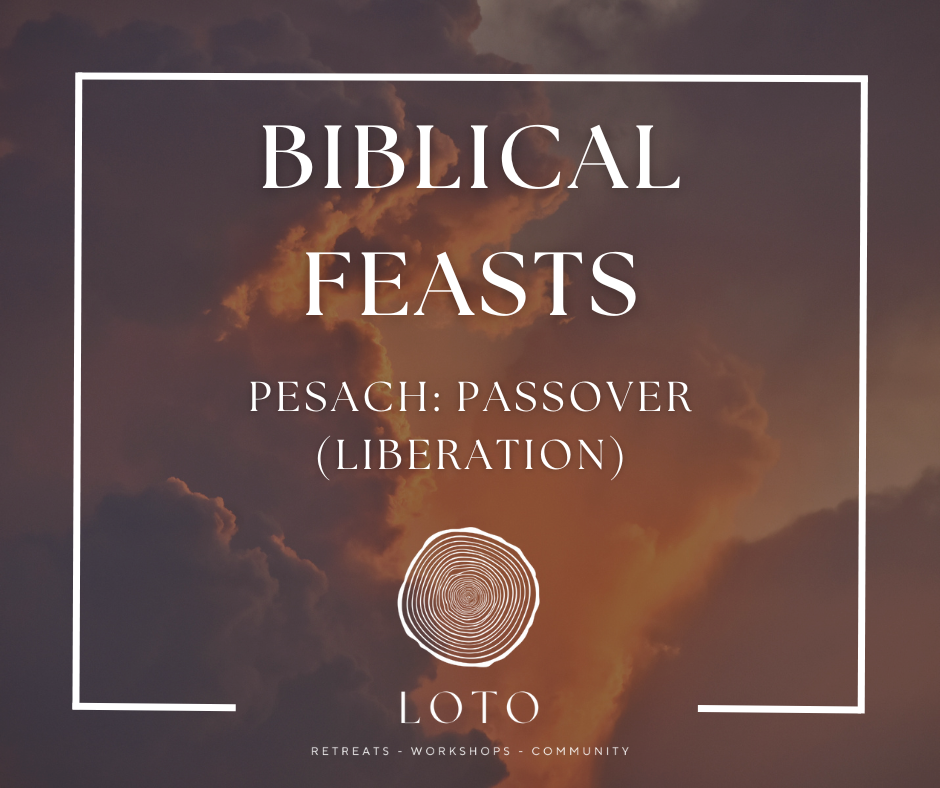Biblical Feasts: Chag HaMatzot (Unleavened Bread)—Purification
“Get rid of the old yeast, so that you may be a new unleavened batch—as you really are. For Christ, our Passover lamb, has been sacrificed.”—1 Corinthians 5:7
Immediately after Passover begins the Feast of Unleavened Bread, Chag HaMatzot, a seven-day festival that continues the story of liberation. If Passover is the night of release, Unleavened Bread is the week of remembering — not just what God delivered Their people from, but also what YHWH calls them into.
In Exodus, the Israelites were told to leave Egypt in haste. There was no time for bread to rise; no lingering in the place of bondage. The bread they carried was flat, unleavened — the bread of urgency, of transition, of freedom.
But the symbolism goes deeper. For seven days, Israel was commanded to eat only unleavened bread and to remove all leaven from their homes (Exodus 12:15–20). Leaven, or yeast, became a picture of corruption, pride, and the slow spread of hidden decay. The feast was both remembrance and purification: a call to clear out what is false and live in simplicity and sincerity.
Purging What Inflates
The Feast of Unleavened Bread is about more than diet. It is about discernment. Just as yeast causes dough to rise beyond its natural form, so the ego swells with pride, self-importance, and illusion. The mystics often warned of this subtle leaven — the inflation of the false self.
Paul echoes this when he writes: "Don't you know that a little yeast leavens the whole batch of dough? Get rid of the old yeast, so that you may be a new unleavened batch — as you really are. For Christ, our Passover lamb, has been sacrificed. Therefore let us keep the Festival, not with the old bread leavened with malice and wickedness, but with the unleavened bread of sincerity and truth" (1 Corinthians 5:6–8).
The feast, then, is not about legalism but about integrity. It is the call to live without hidden agendas, without masks, without the bloating of pretense.
Simplicity as Freedom
In the wilderness, Israel's diet was pared down to its essentials: manna from heaven, water from the rock, unleavened bread in remembrance. This simplicity was not deprivation, but freedom — the freedom of learning that God's Presence is enough.
The mystics remind us that simplicity is not lack, but fullness. Teresa of Ávila said, "God alone suffices." The Feast of Unleavened Bread invites us into this uncluttered way of living: clear of ego, free of striving, nourished by what is essential.
To eat unleavened bread is to taste humility. It is to be sustained not by what is puffed-up, but by what is real.
The Nondual Invitation
Western tradition often reads this feast as a dualism: sin versus holiness, pride versus humility, corruption versus purity. However, in the mystical tradition, the invitation is more subtle. It is not about eradicating parts of ourselves, but about recognizing illusions and letting them fall away.
The "old yeast" is not an enemy to be destroyed but a falsehood to be released. When we let go of what is inflated, we return to our truest form, our True Self. We become, in Paul's words, "as you really are" — whole, simple, aligned.
Unleavened Bread, then, is not a stripping down to emptiness, but a clearing of clutter so that Presence of God can be seen and tasted more clearly.
Bread as Mystical Symbol
Bread is one of the most universal symbols of sustenance. In Jewish tradition, bread is blessed at every meal as a sign of God's provision. In Christian tradition, bread becomes the sacrament of Christ's Presence: "I am the bread of life" (John 6:35).
Unleavened bread, in particular, is bread without adornment, bread that cannot hide what it is. It is the bread of honesty, eaten in haste but remembered in reverence.
The mystic sees in this bread a mirror: the invitation to live without concealment, to strip away what is inflated, and to find nourishment in the plainness of truth.
A Feast of Sincerity
For seven days, Israel was to eat only this bread. Seven is the number of completion, a sign of wholeness. The Feast of Unleavened Bread, then, is not a footnote to Passover but its completion. Freedom is not only the breaking of chains, but the purification of what is false, so that the soul can be sustained in truth.
As the Psalmist prayed: "Surely you desire truth in the inward being; you teach me wisdom in the secret heart" (Psalm 51:6).
This is the essence of Unleavened Bread: to live from the inward truth, not the outward show.
Reflection Questions
What "leaven" — hidden illusions, pride, or distractions — is God inviting you to clear away in this season?
How do you practice simplicity in your daily life? What clutter (material, mental, spiritual) could be released?
What does it mean for you to live in authenticity and truth, without pretense?
How might eating, praying, or even breathing become for you an act of "unleavened bread"—a simple remembrance of God's sufficiency?
Passover brings liberation. The Feast of Unleavened Bread brings purification. But freedom and simplicity are not the end. They open into gratitude — which we find in the next step: the Feast of Firstfruits.









Yom Kippur is not merely about wiping away wrongs; it is about restoring union. The people are reconciled with God, with one another, and with themselves. Alienation is dissolved. Oneness is remembered.